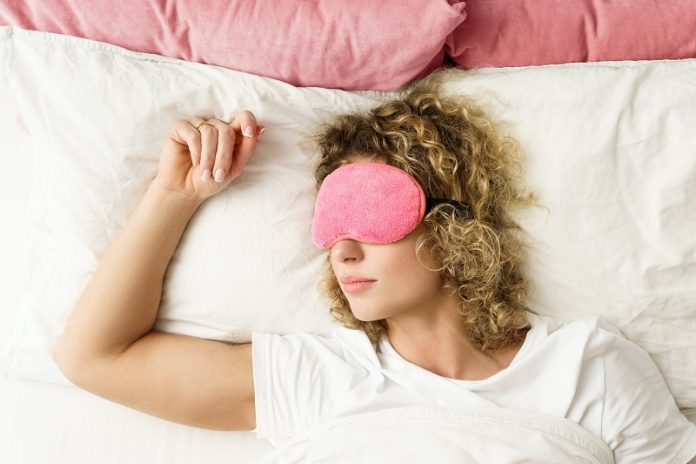
Sleep disorders are a common problem affecting millions worldwide, leading to issues like insomnia, sleep apnea, and restless leg syndrome.
While various factors contribute to sleep disorders, diet plays a crucial role in promoting healthy sleep patterns. This review explores the types of foods that can help prevent sleep disorders and ensure a restful night.
Understanding the Sleep-Diet Connection
Sleep is essential for physical and mental health, but it’s often disrupted by various factors, including diet.
Certain foods can influence our sleep quality and duration by impacting hormones like melatonin and serotonin, which regulate sleep. Understanding which foods to include or avoid in your diet can be a natural way to combat sleep disorders.
Foods That Promote Better Sleep
Complex Carbohydrates: Foods like whole grains, vegetables, and beans release glucose slowly, helping to maintain a balanced sleep cycle. Avoid simple carbohydrates, such as white bread and pastries, which can reduce serotonin levels and disrupt sleep.
Lean Proteins: Sources like turkey, chicken, fish, and low-fat cheese contain tryptophan, an amino acid that increases serotonin levels, aiding in sleep. However, avoid high-fat cheeses and deep-fried meats close to bedtime, as they can hinder sleep.
Heart-Healthy Fats: Unsaturated fats, found in nuts, seeds, and fish, boost heart health and improve sleep quality. Conversely, avoid trans fats or saturated fats that can reduce sleep quality.
Fruits and Vegetables: Many fruits and vegetables, such as cherries, bananas, pineapples, and oranges, are rich in melatonin, which helps regulate sleep. Leafy green vegetables also contain high levels of calcium, magnesium, and potassium, which help induce sleep.
Herbal Teas: Non-caffeinated herbal teas like chamomile, passionflower, and valerian root can be soothing and help reduce insomnia.
Foods to Avoid for Better Sleep
Caffeine: Common in coffee, tea, chocolate, and some soft drinks, caffeine can disturb your sleep cycle if consumed late in the day.
High-Sugar Foods: Sweets and sugary foods can spike blood sugar levels, leading to energy boosts that disrupt sleep.
Alcohol: While it might initially help you fall asleep, alcohol reduces the quality of sleep and is best avoided before bedtime.
Research Evidence
A study in the Journal of Clinical Sleep Medicine found that eating less fiber, more saturated fat, and more sugar is associated with lighter, less restorative sleep with more arousals.
Research in Appetite showed that diets high in carbohydrates may be linked to more awakenings at night, while high-fat diets might increase the total sleep time.
Practical Tips for a Sleep-Inducing Diet
Plan Your Meals: Have a balanced dinner with complex carbs, lean protein, and healthy fats a few hours before bed.
Snack Wisely: Choose sleep-inducing snacks like a banana or a small bowl of whole-grain cereal with milk.
Stay Hydrated: Drink enough water throughout the day, but avoid too much liquid before bedtime to prevent nighttime awakenings.
Mind the Timing: Limit caffeine after lunch and avoid heavy meals right before bedtime.
Diet can significantly impact sleep quality and duration. Integrating sleep-promoting foods into your diet while avoiding those that hinder sleep can be an effective way to prevent sleep disorders.
Remember, a balanced diet, along with good sleep hygiene practices, can ensure a better night’s rest. For personalized advice, always consult with healthcare professionals.
Follow us on Twitter for more articles about this topic.
Copyright © 2023 Scientific Diet. All rights reserved.





